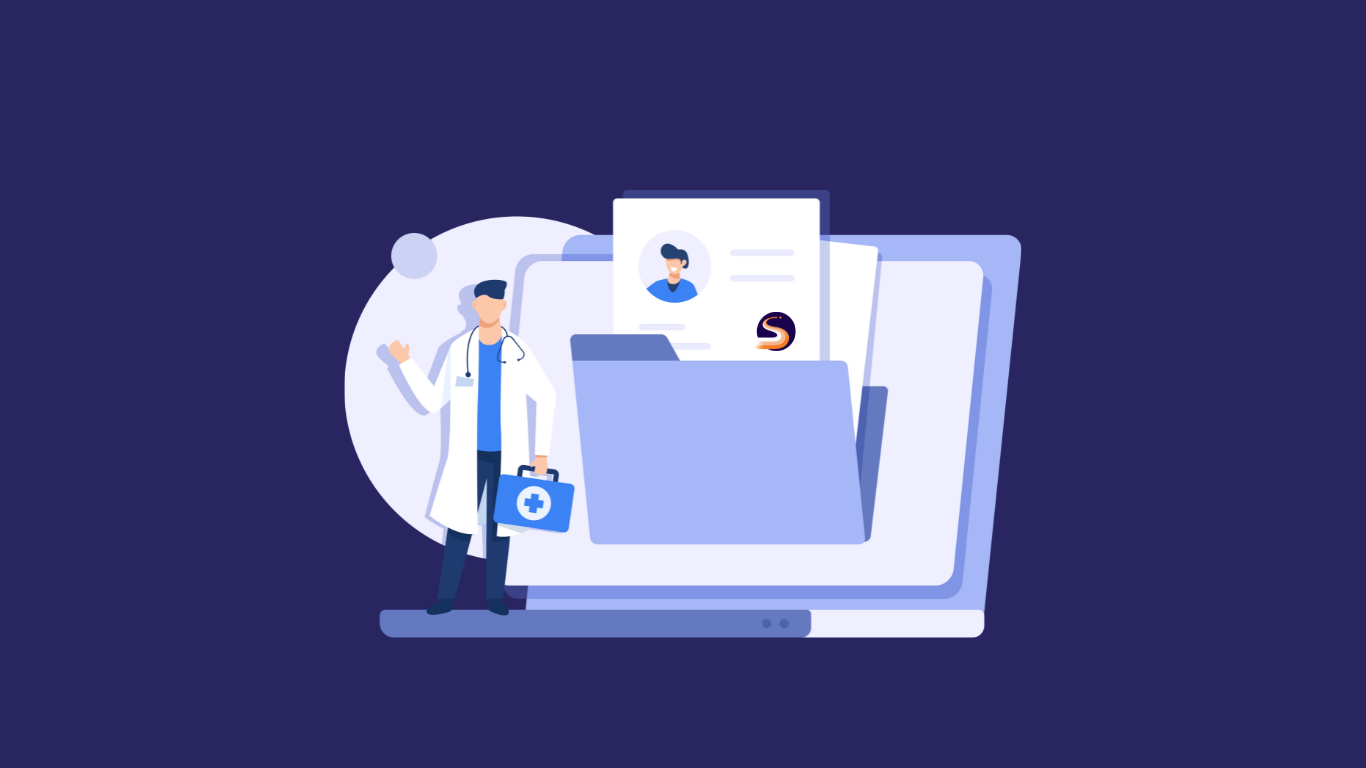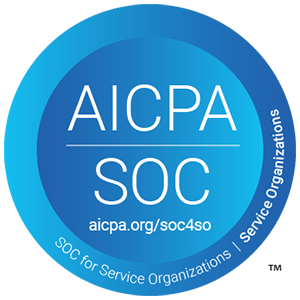Artificial Intelligence (AI) has become a game-changer in various industries, and healthcare is no exception. AI-driven predictive analytics is revolutionizing patient care and operational efficiency within healthcare systems. Understanding and leveraging this technology is crucial for decision-makers to stay ahead in the competitive value-based care and care management landscape.
 The Power of AI in Healthcare
The Power of AI in Healthcare
The Power of AI in Healthcare AI algorithms, with their ability to analyze vast amounts of data, identify patterns, and predict outcomes with unprecedented accuracy, are a powerful tool in healthcare. This translates to not just improved patient care but also reduced costs and optimized operations. Predictive analytics can forecast patient admissions, identify high-risk patients, and even predict disease outbreaks, providing a reassuring return on investment for healthcare systems.
Enhancing Patient Care
Predictive analytics enable healthcare providers to identify patients at risk of chronic diseases, allowing for early intervention. AI can predict potential health issues by analyzing patient history, lifestyle factors, and genetic information and suggest preventive measures. This proactive approach improves patient outcomes and reduces the burden on healthcare facilities.
Operational Efficiency
Healthcare systems face numerous operational challenges, from managing patient flow to optimizing resource allocation. AI-powered predictive analytics can forecast patient admissions and discharges, helping hospitals manage bed occupancy and staffing more efficiently. This ensures that resources are utilized effectively, leading to cost savings and improved patient satisfaction.
Case Studies
Several healthcare systems have successfully implemented AI-driven predictive analytics. For instance, Mount Sinai Health System in New York used predictive analytics to identify patients at risk of sepsis, a life-threatening condition. The AI model accurately predicted sepsis onset 24 hours before clinical signs appeared, allowing for timely intervention and significantly reducing mortality rates.
Challenges and Solutions
While the benefits of AI in healthcare are clear, implementation is challenging. Some of the hurdles are data privacy concerns, integration with existing systems, and the need for skilled personnel. However, these can be addressed through robust data governance policies, seamless integration solutions, and ongoing training programs for staff.
Ready to transform your healthcare system with Leap Metrics’s AI-driven predictive analytics? Connect with our team for a customized demo of our Sevida platform and discover how we can help you achieve better patient outcomes and operational efficiency.

